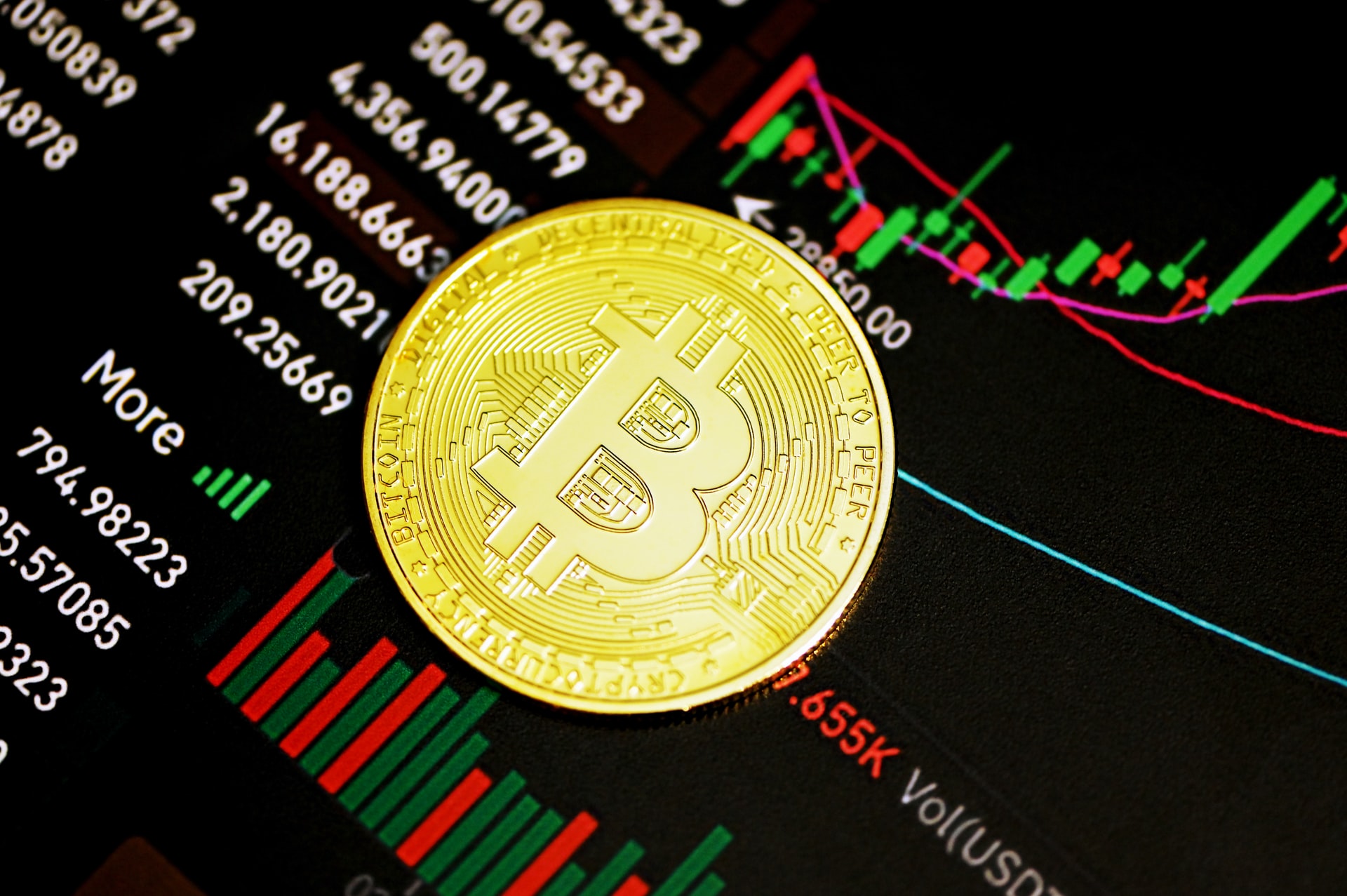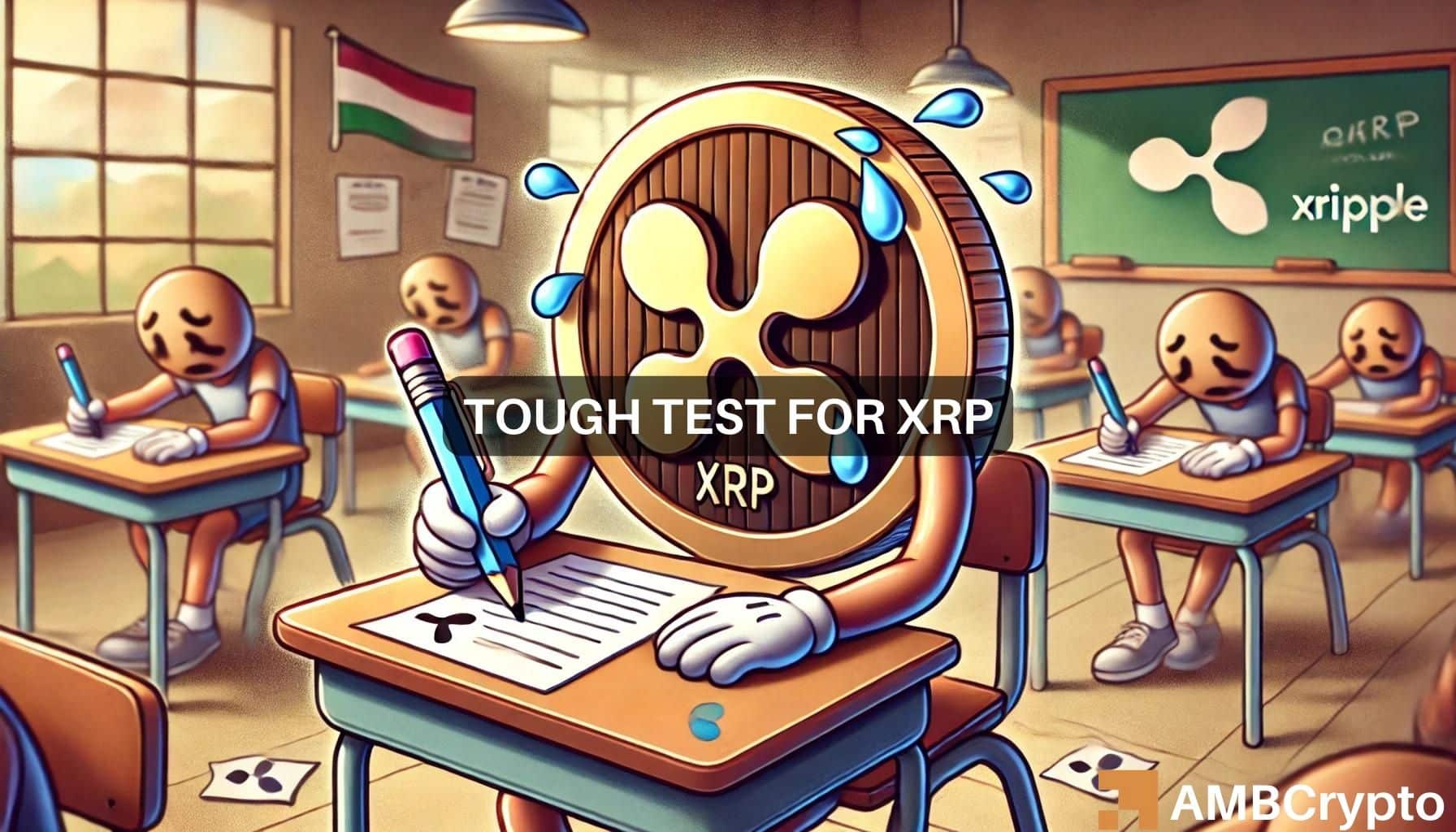Why South Korea has banned short selling and what does it mean for investors?
Short sellers are facing significant challenges in South Korea as regulators extend a ban on the practice of selling borrowed shares.
This move is part of a broader strategy to prevent big investment banks from engaging in illicit trading practices that could undermine public trust in financial markets.
While the ban initially led to a rally in South Korean shares when it was imposed in November, those gains have since faded. Critics argue that the ban makes the market less transparent and less attractive to global investors.
Understanding short selling
Short selling is a trading strategy where an investor borrows shares and sells them, anticipating a drop in their price.
The investor then buys back the shares at a lower price and returns them to the lender, pocketing the difference as profit.
This method can be lucrative in a falling market but risky if prices rise, as the investor would incur losses.
The extended ban on short selling
South Korea has decided to extend its market-wide ban on short selling through the first quarter of 2025.
According to the Financial Services Commission (FSC), this extension aims to develop an electronic system to prevent naked short selling and to address concerns about such practices distorting fair pricing in the securities market.
The FSC remarked on June 13,
The ban on short-selling will be extended until March 30, 2025, to establish an electronic system to prevent naked short-selling and relieve concerns about such practices hindering fair pricing in the securities market.
Earlier in the day, the FSC announced plans to set up an electronic monitoring platform by March next year. This platform, first introduced in April, is designed to better detect naked short sales, which involve selling shares without first borrowing them, thus violating market regulations.
The FSC also plans to revise short-selling rules to create a level playing field between retail and institutional investors and to strengthen fines for illicit trading practices.
Reasons behind the ban
The primary reason for the ban is to curb illegal trading activities, particularly naked short selling, which has been a significant concern among regulators.
Naked short selling can lead to unfair market conditions by allowing traders to sell shares they do not own, driving down prices artificially.
The South Korean government is committed to rooting out such practices to ensure market stability and investor confidence.
Additionally, the FSC aims to address the disparity between retail and institutional investors. Retail investors in South Korea have long criticized short selling, arguing that it disproportionately benefits large institutional players and leads to unwarranted price declines.
By revising short-selling rules and extending the ban, the FSC hopes to create a more equitable trading environment.
Impact on the market and investors
The extension of the short-selling ban has elicited mixed reactions. On one hand, retail investors and some market participants support the move, believing it will prevent market manipulation and protect smaller investors.
On the other hand, critics argue that the ban reduces market transparency and hinders the ability of global investors to hedge their positions, making South Korea less attractive as an investment destination.
“There is nothing good about extending the ban when the market is rising. It disturbs the supply-demand structure in the market, especially for foreigners, and makes it more difficult for South Korea to be included in MSCI’s developed market index,” a market analyst said, speaking on condition of anonymity.
The global index provider Morgan Stanley Capital International (MSCI) recently downgraded South Korea’s short-selling accessibility in its annual review, reflecting concerns over the extended ban.
Potential benefits and challenges
For investors, the ban presents both opportunities and challenges. On the positive side, the ban could lead to a more stable market by reducing the likelihood of abrupt price drops caused by short selling.
This stability could attract long-term investors who prefer less volatile markets.
However, the ban also poses challenges, particularly for institutional investors who rely on short selling as a hedging strategy. Without the ability to short sell, these investors may find it more difficult to manage risk, potentially leading to reduced investment flows into South Korean markets.
The lack of short-selling options can also lead to overvaluation of stocks, as bearish sentiment cannot be expressed through short sales, creating an imbalance in the market.
Future outlook
As the South Korean government works to implement an electronic system to monitor and prevent illicit short-selling practices, the future of short selling in the country remains uncertain.
The new regulations and monitoring systems are expected to provide greater oversight and transparency, potentially paving the way for the eventual lifting of the ban.
However, until these systems are in place and proven effective, the ban is likely to remain, impacting market dynamics and investor strategies.
Global investors will be closely watching how these changes unfold and their impact on the South Korean market.
The ability to maintain market integrity while ensuring a level playing field for all investors will be crucial for South Korea’s aspirations to be classified as a developed market by global index providers like MSCI.
The post Why South Korea has banned short selling and what does it mean for investors? appeared first on Invezz





